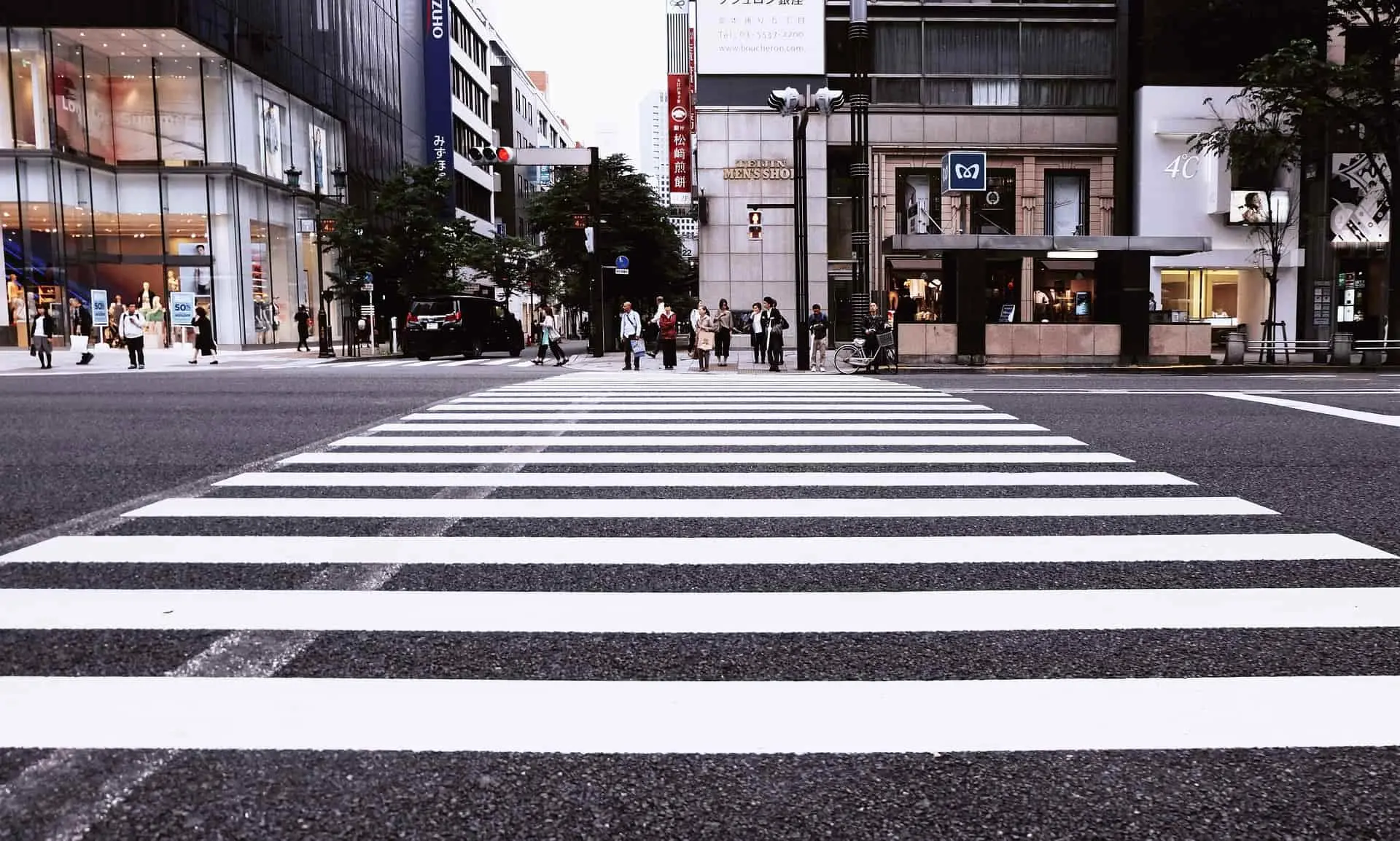Parking Lot Accidents: Navigating Liability and Claims in Florida’s Busy Shopping Areas

Florida’s vibrant shopping areas can be bustling and busy, making parking lots hotspots for unexpected accidents. From fender benders to more serious collisions, these areas often raise questions about liability and how to navigate the aftermath of such incidents. Understanding the intricacies of responsibility and claims in parking lot accidents is crucial, especially in the Sunshine State, where the traffic can be as bright and fast-paced as the lifestyle.
The Complexities of Parking Lot Accidents
In Florida, parking lot accidents come under the umbrella of personal injury law. Determining fault in these scenarios can be complex due to the nature of these spaces, often involving multiple vehicles, pedestrians, and diverse traffic patterns. Unlike accidents on public roads, where laws about right-of-way and traffic regulations are more defined, parking lots have fewer clear-cut rules. This ambiguity can make it challenging to determine fault, but it also provides opportunities to analyze various factors when evaluating a claim.
Understanding Liability in Parking Lot Accidents
The process of determining liability in parking lot accidents is intricate. Florida follows a comparative negligence system, meaning fault can be shared among multiple parties involved in the accident. Factors such as the speed of the vehicles, right-of-way adherence, visibility, and any posted signage can influence the allocation of fault. For example, drivers failing to yield, distracted driving, speeding, improper backing, or poor maintenance of the parking lot (such as inadequate lighting or signage) can contribute to the determination of liability.
Steps to Take After a Parking Lot Accident
After a parking lot accident, the following steps can help protect your rights and potential personal injury claims:
- Safety First: Ensure safety by moving vehicles to a secure location if possible and checking for injuries.
- Exchange Information: Obtain contact and insurance details from all parties involved, and if necessary, gather information from witnesses.
- Document the Scene: Take photos of the accident scene, including damages to the vehicles and any contributing factors like lack of signage or poor lighting.
- Report the Incident: Inform law enforcement or property owners if it’s a commercial parking lot. Having an official report can be crucial in claim processing.
- Seek Medical Attention: Even if injuries seem minor, seek medical evaluation. Sometimes injuries manifest later and having documentation is crucial for insurance claims.
- Consult Legal Assistance: Consider seeking legal advice to understand your rights and the potential for a personal injury claim.
Navigating Claims and Legal Support
When navigating claims related to parking lot accidents, having legal support can be invaluable. An experienced personal injury attorney can assist in assessing the situation, gathering evidence, communicating with insurance companies, and representing your best interests. They understand the complexities of Florida law and can provide guidance on how to proceed with a claim, especially in scenarios where liability is disputed.
Conclusion
Parking lot accidents in Florida’s bustling shopping areas can be complex, especially when it comes to determining liability. Understanding the nuances of such incidents and knowing the appropriate steps to take afterward are crucial to protect one’s rights in the event of a personal injury claim. Seeking legal advice and guidance can significantly support individuals in navigating the intricacies of these situations and help in pursuing just compensation for any injuries or damages incurred.
By being aware of the various factors influencing liability and claims, individuals involved in parking lot accidents can better navigate the aftermath, making the process of seeking fair compensation smoother and more effective. Remember, safety always comes first, but being informed can be the key to protecting your rights in these situations.
